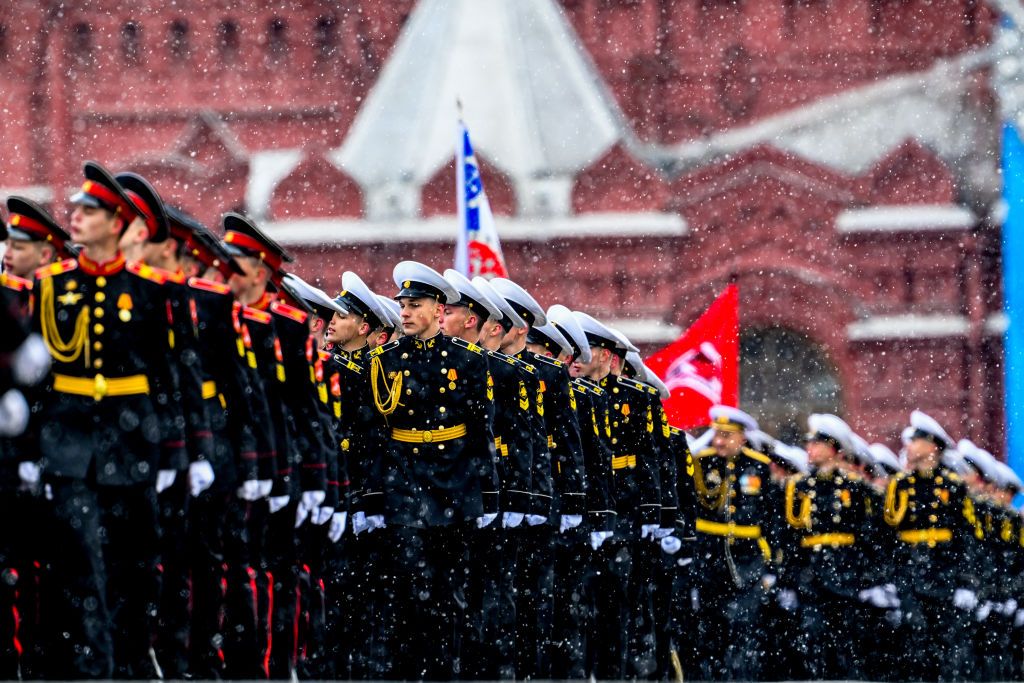Since Russia’s full-scale invasion of Ukraine in 2022, the Kremlin has attempted to use nuclear threats to intimidate Ukraine and deter Western assistance. However, Russian President Vladimir Putin does not want a nuclear war. Despite Putin’s nuclear rhetoric, including putting Russian nuclear forces on special combat readiness and announcing nuclear exercises near the Ukrainian border, the U.S. Defense Department has not observed any change in the status of Russian nuclear forces. This nuclear card has induced caution in the West but has not completely deterred Western decisions to provide sophisticated arms to Ukraine.
In response to Russian nuclear threats, Western officials have threatened severe consequences for any Russian nuclear use while continuing to provide arms to Ukraine. The Kremlin’s nuclear threats peaked in September 2022, but the desired effects were not achieved as Kyiv continued to attack Russian forces in the claimed regions. This led to negative reactions from Beijing and other key capitals, prompting the Kremlin to tone down its rhetoric. Putin denied any threat to use nuclear weapons and reiterated the inadmissibility of nuclear war in statements released by the Russian Foreign Ministry and in a G20 statement.
Despite Putin’s relatively sober approach to nuclear threats, Russian television propagandists continue to indulge in fantasies about nuclear attacks without considering the potential repercussions for Russia. Western leaders need to focus their attention on Putin and not get distracted by other officials like Dmitry Medvedev, who also mused about nuclear weapons. The challenge lies in correctly understanding and interpreting any genuine nuclear signal that may come from the Kremlin, as the noise created by the ongoing nuclear rhetoric could overshadow it. Both the Kremlin and the West need to be vigilant about this potential concern.
It is essential to remember that Putin does not actually want a nuclear war, as it would have unpredictable and catastrophic consequences, including for Russia. By using nuclear threats, Putin seeks to intimidate Ukraine and the West into submission. The rhetoric coming from Moscow raises concerns about the ability to recognize and interpret a future genuine nuclear signal if the situation escalates. A clear signal from the Kremlin about nuclear use is crucial for Western leaders to correctly understand the stakes and respond accordingly. Both parties need to be mindful of the challenges posed by the ongoing nuclear rhetoric and be prepared to respond effectively if a genuine nuclear threat arises.


